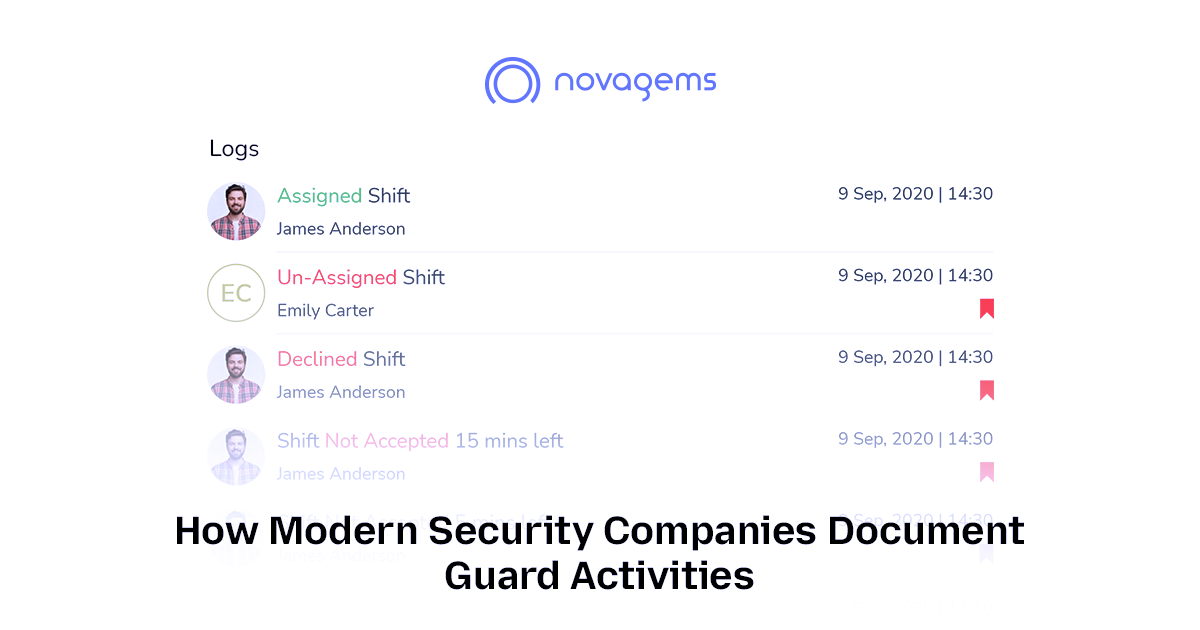How to Maintain Cleaning Equipment and Supplies
Published on: Wed, Nov 13, 2024
Read in 7 minutes

To make your cleaning service business a success you need to maintain cleaning equipment that you use. They are costly and help you provide proper services. So if you take care of your equipment, it will take care of you. These tools and equipment are needed for your work. If you are not working properly you are losing clients. And hence money.
Proper maintenance of cleaning equipment is crucial for ensuring that it works efficiently. It makes the equipment last longer and continues to deliver the best results. If you want your cleaning business to run smoothly without interruptions caused by equipment failures, daily care and advanced maintenance strategies should be part of your routine.
This blog provides practical daily maintenance tips, advanced strategies for long-term care, and explains the importance of regular upkeep for cleaning equipment.
Importance of Proper Maintenance for Cleaning Equipment
Maintaining cleaning equipment properly is about more than just keeping it in good working order. It’s about ensuring the long-term success of your business. Here are the key reasons why regular maintenance is essential:
- Improved Efficiency: When cleaning equipment is well-maintained, it runs more efficiently. This means it cleans better and faster, using less energy. For example, a vacuum with a clean filter will work better than one with a clogged filter. Maintaining efficiency also reduces wear and tear on the equipment, which can save you money in the long run.
- Reduced Downtime: Equipment breakdowns can bring your business to a halt. If you have a machine out of commission, it can delay jobs and lead to unhappy customers. Regular maintenance helps prevent these unexpected breakdowns, allowing you to keep your business running smoothly without interruptions.
- Increased Safety: Cleaning equipment that is not properly maintained can become a safety hazard. Frayed cords, loose parts, or malfunctioning machines can lead to accidents that might harm employees or clients. Regular checks can identify these issues before they lead to injuries.
- Cost Savings: Proper maintenance helps extend the life of your cleaning equipment. Instead of replacing expensive machines after a few years due to neglect, you can keep them working for much longer by performing routine care. This saves money on replacements and major repairs.
- Consistent Cleaning Results: Well-maintained equipment provides better, more consistent cleaning results. Whether you are cleaning floors, carpets, or windows, using equipment that is in good condition ensures that every job is done to the highest standards, keeping your clients happy.
Daily Maintenance Tips for Cleaning Equipment
Taking care of cleaning equipment doesn’t have to be complicated or time-consuming. By implementing a few simple daily maintenance routines, you can keep your equipment running smoothly and extend its life. Here are the key tasks you should do every day:
-
Clean After Every Use:
Cleaning your equipment after each use is the simplest but most effective way to keep it in good condition. Dirt and debris can quickly accumulate in machines like vacuums, floor scrubbers, or carpet cleaners. This build-up can clog filters, reduce suction, or cause mechanical problems. Make sure to empty dust bags, clean brushes, and wipe down surfaces to remove grime and residue.
-
Inspect for Wear and Tear:
Every day before storing the equipment, give it a quick check for any signs of damage or wear. Look for frayed cords, loose parts, leaks, or unusual sounds when the equipment is operating. If you catch problems early, you can fix them before they turn into bigger issues.
-
Store Equipment Properly:
How you store your equipment matters. Keep it in a clean, dry area to avoid moisture buildup, which can lead to rust or mold. If the equipment uses batteries, ensure they are charged correctly and stored in a way that avoids overcharging or damage. Never leave mop heads or scrub pads in dirty water. Clean and dry them before storing them to avoid bacteria growth.
-
Check Filters and Fluids:
For machines like vacuums or floor scrubbers that use filters or fluids, check and replace them as needed. A clogged filter can make the machine work harder and reduce its efficiency. Emptying and refilling tanks with clean water and detergents keeps the machines working as they should.
-
Follow Manufacturer Guidelines:
Each piece of equipment comes with its own care instructions, and it’s important to follow them. Manufacturers provide detailed guidance on how to clean, store, and maintain their products. This ensures that you are maintaining the equipment in the best way possible without voiding warranties.
-
Record Maintenance Activities:
Keep a log of your daily maintenance activities. This is particularly useful if you have a team of employees responsible for using and maintaining equipment. A record helps track how often equipment is cleaned, serviced, and checked for damage. This can be helpful if you need to identify recurring problems or schedule more advanced maintenance.
Advanced Maintenance Strategies
In addition to daily maintenance, cleaning equipment also requires deeper care at regular intervals. These advanced maintenance strategies will ensure your machines stay in peak condition and help avoid major breakdowns. Daily care and maintenance of cleaning equipment is required. But giving it a proper deep clean after a while is just as important. And with this, you can have a successful cleaning business.
-
Schedule Regular Deep Cleanings:
Every few weeks or months, depending on usage, schedule a deep cleaning for your equipment. This means taking apart certain components, cleaning them thoroughly, and reassembling the equipment. For example, deep cleaning a vacuum might involve removing the roller brush, cleaning the inside of the machine, and washing or replacing the filter. A floor scrubber might need its tank and nozzles thoroughly cleaned to prevent clogs.
-
Replace Worn-Out Parts:
Some parts of your equipment, such as belts, brushes, or filters, naturally wear out over time. Even with regular cleaning, these parts need to be replaced periodically. Regularly inspect these components and replace them as soon as you notice signs of wear. Waiting too long can cause the equipment to work less efficiently or even break down.
-
Calibrate Equipment:
Some cleaning machines, especially advanced ones like automatic floor scrubbers or polishers, may need occasional calibration. This ensures that they operate at the correct settings and deliver the desired results. Professional calibration is recommended for these complex machines. Why? To ensure they continue working as intended.
-
Lubricate Moving Parts:
Machines with moving parts, such as scrubbers or polishers, need regular lubrication to reduce friction and wear. Over time, parts can become stiff or worn out if not properly lubricated. Follow the manufacturer’s recommendations for lubricating specific parts of the machine.
-
Schedule Professional Servicing:
While you can do a lot of maintenance on your own, some tasks are better left to professionals. Scheduling regular professional servicing can ensure your equipment is thoroughly inspected, cleaned, and repaired. A technician will be able to spot issues that might not be obvious during daily maintenance and make any necessary adjustments to keep the equipment running smoothly. They have a sharper eye for things that you might miss. So it is always a good idea to get them checked once in a while.
Conclusion
Maintaining cleaning equipment is not just a matter of keeping it functional. It’s an investment in the longevity and reliability of your business. Now that you have learned how to maintain cleaning equipment and supplies. You can extend the life of your equipment, reduce repair costs, and deliver consistent, high-quality cleaning services to your clients. Remember, well-maintained equipment also keeps your team safe, ensures better cleaning results, and boosts your business’s overall efficiency.
By following the tips outlined in this blog, you can ensure that your cleaning equipment stays in top shape. Helping your business thrive in a competitive market. Regular maintenance is the key to avoiding costly breakdowns, improving performance, and ensuring your cleaning tools deliver excellent results every time.
Get a Free Trial
Sign up For Newsletter
Latest Blog Posts
Get Started
Start being productive & grow your business
with Novagems





